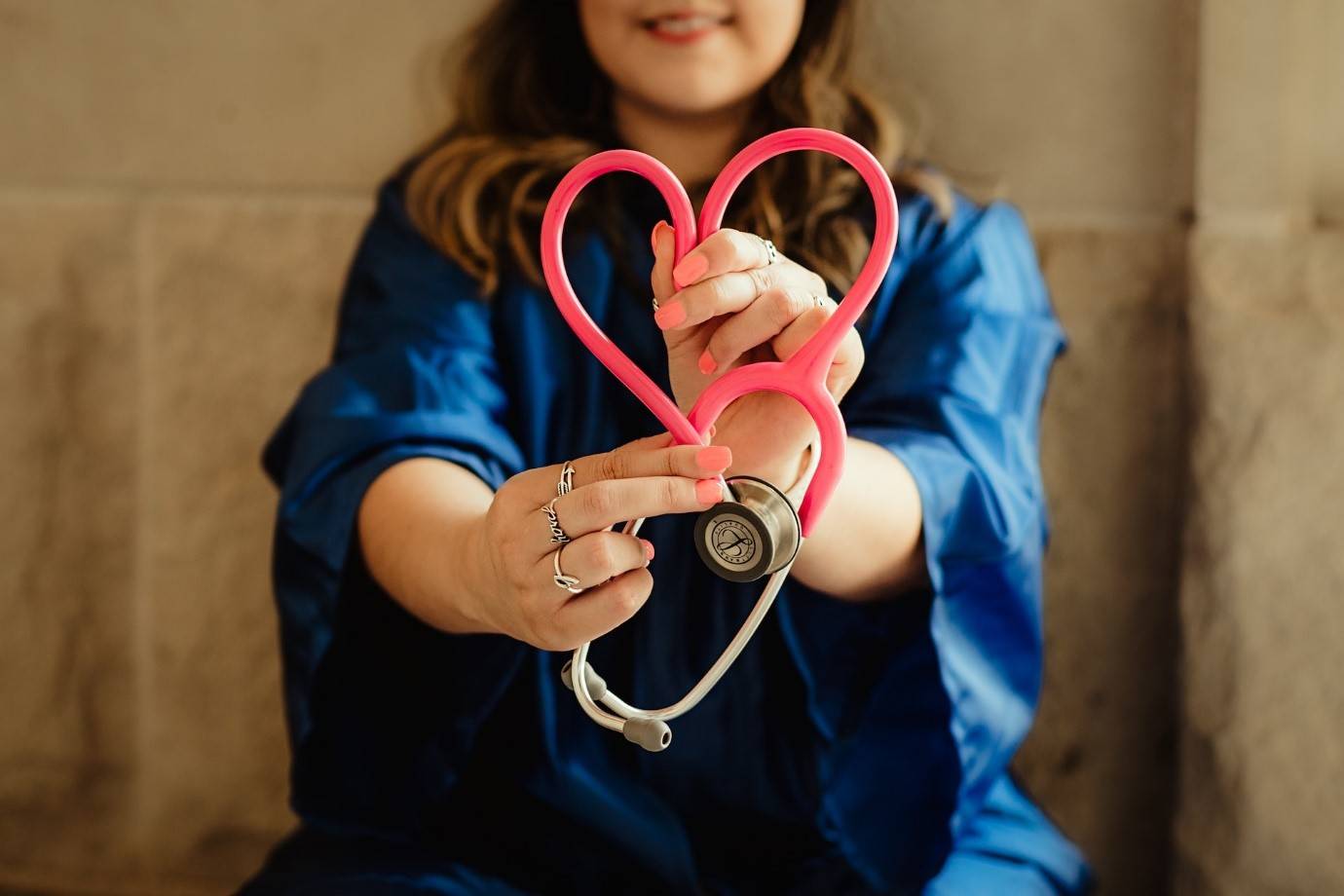
Navigating Confidentiality: HIPAA Compliance Tips for Nurses - Your Ultimate Guide to Ensure Adherence
In this busy medical world, with patients' heartbeats and responsibilities to doctors conflicting as one being, guarding private information is most important. At this point, the Health Insurance Portability and Accountability Act (HIPAA), which provides rules that health-related data must meet for proper privacy protection comes into play. In this pamphlet, we will break apart the confusion of HIPAA compliance for nurses and lead you by hand through the maze of regulations.
Instances of HIPAA Violations by Nurses
Understanding HIPAA compliance is not complete without reading real-world examples of violations. We must learn from these examples and shore up our resolve to protect patient privacy. Here are some examples of HIPAA violations by nurses:
1. Unauthorized Access
Without legitimate reason or authorization, accessing a patient's records is clearly and directly against the HIPAA. Nurses must be sure to access only information relevant to their role in patient care.
2. Gossiping about Patients
Discussing patient details in public places where unqualified people can eavesdrop constitutes a breach of confidentiality. Nurses should not talk about cases of patients in non-protected places.
3. Mishandling Electronic Devices
A tablet or smartphone with patient information lost, at best kept unattended in a public place: this poses an enormous risk. Nurses should exercise care and ensure that electronic devices are kept under lock.
4. Using Unsecured Communication Channels
Information about patients sent via unencrypted emails or messaging platforms without security can easily reveal sensitive data. Nurses should use a secure means of communication to avoid unauthorized interception.
5. Sharing Login Credentials
Nurses may keep login passwords secret to access EHR or other secure systems. Sharing passwords means compromising the integrity of the system, and violates HIPAA directly.
HIPAA Compliance Tips for Nurses
1. Embrace the Culture of Confidentiality
Therefore, the first step toward HIPAA compliance is creating a culture of confidentiality within healthcare. The sensitive nature of patient information is especially apparent to nurses, and they should internalize it in their daily lives. It's necessary to go from hush-hush conversations in hallways to the security of handling medical records. That's the first step toward going HIPAA compliant. The only way to have a culture where confidentiality is second nature is must become half as big on itself and all about service!
2. Learn to communicate confidentially
This is the era of technology, and in healthcare, communication lies at its heart. For nurses, having patient information transferred securely is fundamental. Whether you do it by chatting about cases with the staff at work or giving patients and their families updates where appropriate, in this day and age staying HIPAA compliant requires using secure vehicles such as an encrypted e-mail platform.
3. Electronic Health Records (EHR) Use: Stay Vigilant
EHRs have changed the way healthcare information is recorded and used. Big power implies big responsibility. Nurses must be especially vigilant when using EHRs so as not to retrieve information that is unnecessary for patient care. In other words, unauthorized access to or disclosure of your login credentials is likely to violate HIPAA.
4. Be Mindful of Physical Safeguards
But HIPAA compliance is not only about digital safeguards; it also involves physical ones. The physical security of patient records should also necessarily be on nurses 'guard. They must always store them in locked cabinets when not using them. This applies to paper records and devices containing patient information, as well.
5. Educate Yourself on HIPAA Policies
But ignorance is no excuse for HIPAA violations. Nurses should actively seek to become familiar with HIPAA policies and keep up-to-date on any changes or updates. Seminars, trainings, and refresher courses are necessary to raise nurses' awareness level so that they can face up to a constantly changing environment for healthcare compliance.
6. Information about patients should be shared only carefully
Nurses often work with a multidisciplinary team to provide total care. Collaboration is important, but one must be careful about revealing patient information. Should be a matter of discussion in private, not public places, and information should only be passed on when necessary.
Conclusion
To sum up, the nurses 'HIPAA compliance isn't just going through a checklist-it is to maintain trust and privacy for patients. Through maintaining a culture of confidentiality, becoming facile in secure communications, always remaining on their guard when using the EHR system, and making sure to observe hydrocarbon and other physical safeguards against data leaks; by familiarizing themselves with HIPAA policies alone or under guidance from someone versed in these regulations--if we can do all this without allowing ourselves momentary Looking back on this changing scene, let us not forget that every action we take is woven into the greater fabric of sound and responsible medical practice.

Comments (0)